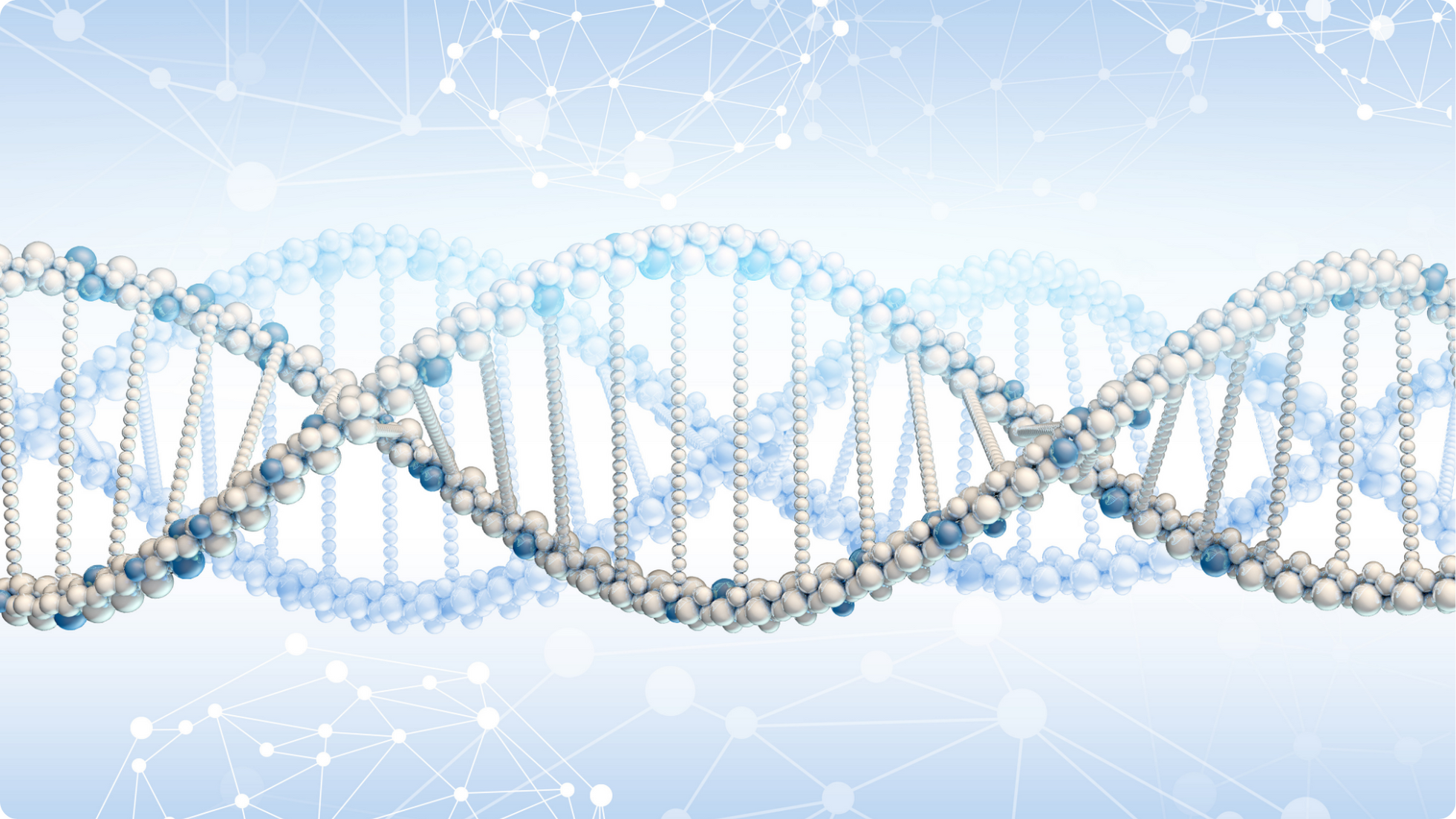Improving bone health with epigenetics
As individuals, achieving optimal health outcomes requires an individualised approach. Central to the current discussion of personalised health and the revolution it is having on changing the way we view health strategies, is the concept of epigenetics. This may or may not be a term you are familiar with. Last year you may have attended my Strong Talk presentation. Further to that discussion, I thought I would revisit what epigenetics is and what it means for you and your bones.
So, what is epigenetics?
The prefix “epi” means above or outside the genetic code. Epigenetics is the study of how factors like our lifestyle and environment can cause changes that affect the way our genes are expressed. Epigenetic modifications are reversible and do not change our DNA sequence, but they can change how our body reads a DNA sequence to influence how we look, feel and behave.
How is this relevant to bone density?
Osteoporosis is a metabolic bone disorder that develops when there is a decrease in bone mineral density and bone mass, or when the structure and strength of bone changes. Environmental and lifestyle factors such as our nutrition, movement, where we live, our relationships, and even the type of work we engage in, have an epigenetic influence. This means they influence the way our genes are expressed – including those that determine our bone integrity. Almost everything we do has the potential of affecting how our genes are expressed. This is good news because it means that we are not at the fate of our genes as was once thought.
Recent studies have shown that epigenetics is estimated to be one of the most contributing factors to the emergence and progression of osteoporosis (1). A study completed by Francesca et al (2) found that epigenetics is a key factor in osteoporosis. This is significant because it empowers us to have control over our health rather than being fated by the genes we are born with. Choosing to engage in health promoting behaviours can become a powerful preventive measure for osteoporosis. For example, in other studies, it has been shown that birth weight can predict adult bone mass and density. Therefore, choices regarding prenatal nutrition may be a determinant of bone strength in later life (3).
What positive epigenetic influences can you make to reduce the risk of osteoporosis?
Research has indicated that elements in the environment like nutrition, exercise, stress levels and age may alter epigenetics, thereby influencing gene expression and metabolism in bones. There are many lifestyle behaviours that can improve bone density. Here are some examples:
Nutrition: Eat whole unprocessed natural foods, minimise processed foods and preservatives, and avoid alcohol and smoking, to improve bone mineralisation and muscle composition.
Exercise: Incorporate a program that focuses on Osteogenic loading for bones which will also help to improve muscle density.
Stress: Mitigating stress levels with strategies such as relaxation, meditation, breathing exercises, journalling, healthy expression of negative emotions to reduce the effects of hormonal disruption to our gene expression. Using regenerative technologies such as Hydromassage, PEMF mats, Normatech compression boots and Red Light Therapy can also help to improve mood, energy & vitality which are very important factors in managing stress levels.
Understanding epigenetics may help you improve your bone health and you can start right now.
Learn more about how to personalise your life to suit your epigenetic code at www.denisemokadsi.com.au
REFERENCES



